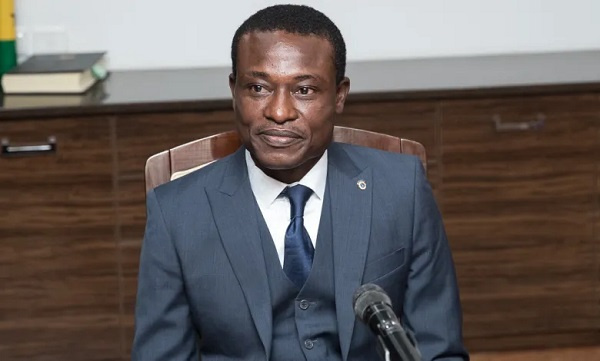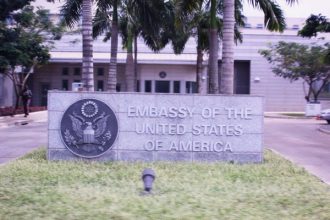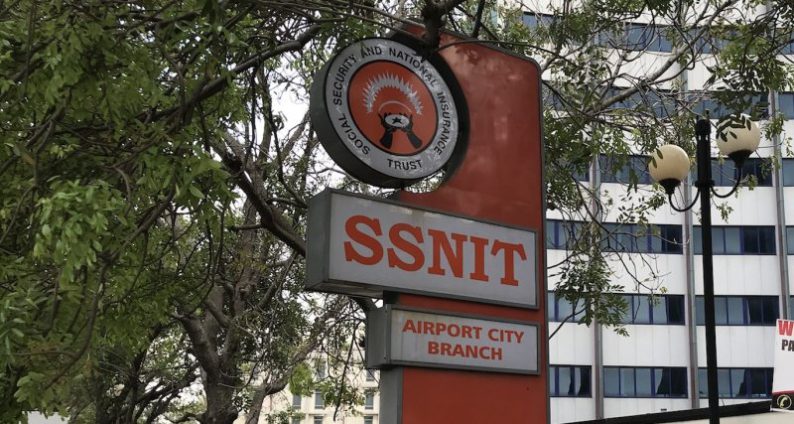Johnson Aseidu Nketia, General Secretary of the opposition National Democratic Congress (NDC), says the division among members of the National House of Chiefs over the December 17 Referendum is a classic example of what awaits the country if partisan politics is allowed at the local government level.
The division among the members of the National House of Chiefs came about after some members, notably the Okyenhene, Osagyefo Amoatia Ofori Panin II and Ogyeahoho Yaw Gyebi II of Sefwi Anhwiaso, distanced themselves from a statement issued and signed by the President of the House, Togbe Afede XIV urging Ghanaians to vote ‘No’ in the Referendum.
The referendum seeks to amend constitutional provisions—articles 55(3) and 243 to introduce partisan politics into local government elections.
The Okyenhene and Ogyeahoho Gyebi accused the President of the House of Chiefs of failing to extensively engage the House hence the decision does not reflect their views as members of the House.
However, Togbe Afede XIV found their position hypocritical alleging that almost all stakeholders were consulted and the decision was taken upon the advice of the Legal and Constitutional Committee of the House.
This misunderstanding, the General Secretary of the NDC observes, is symbolic of how divisive a ‘Yes’ vote will leave Ghanaians at the local level.
“The debate that is happening even at the front of our most sacred institution, that is the chieftaincy institution in the country is already worrisome. So that is an example of what multi-party can do at that level.
They are divided and they are saying that multiparty will not divide us but even talking about multi-party has already divided you, (Members of the National House of Chiefs). The chieftaincy institution is one of the peace structures we have in this country,” he said.
Nketia observed that politicians pay allegiance to Chiefs and they, (the chiefs) calm tempers when politicians are divided over national issues because of the respect they command.
He noted that if something as simple as talking about a referendum can divide members of the National House of Chiefs, then there is much to worry about as a country.
” Because every politician holds allegiance to one stool or the other and once the chiefs remain united and to protect that institution, then any issue that seeks to threaten the stability of the nation, they can get involved.
“They will exude the confidence that people should believe in them and they will be able to stabilise things.
“Chieftaincy in this country has been run in such a manner that when chiefs say this, everybody listens to them. I have never heard of any national debate that has divided the National House of Chiefs. Tell me one?” He quizzed.
















